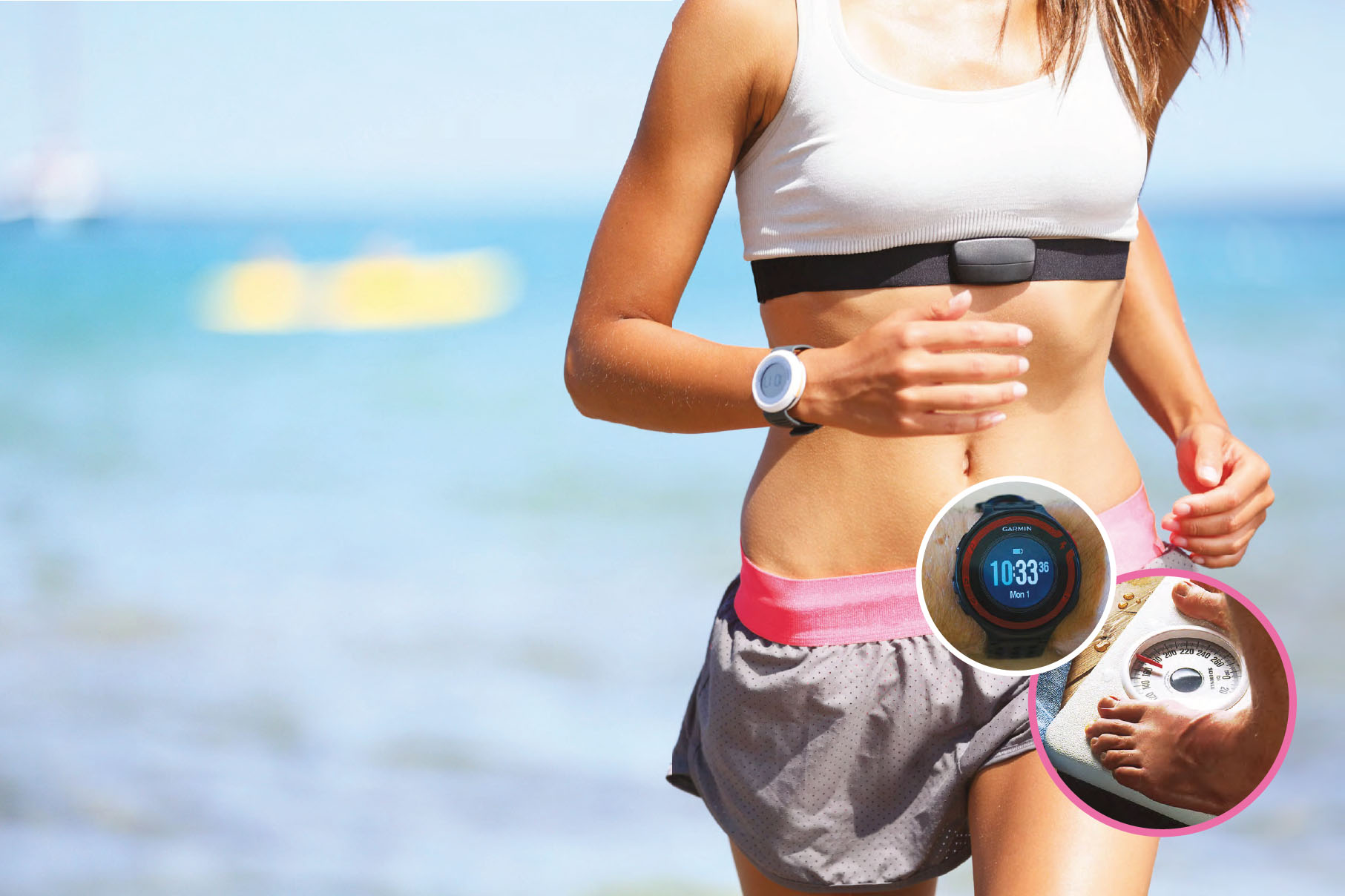
Devices can overestimate calories expended, which could lead indirectly to weight gain
THERE are runners I know who are surgically attached to their data-gatherers. FitBits, Garmins, Apple Watches and Jawbone Up – whatever their chosen device, they wear it to work, out running and even while they sleep. They do, I feel sure, suffer from the “missed-step regret” that is said to plague followers of the so-called “quantified self” movement, who are obsessed with recording every aspect of their fitness. It seems worthy, but is it doing them any good?
Psychologists say that it is easy to become over-reliant on data-tracking, that focusing too heavily on the numbers and figures spewed out from your tracking device or App can detract from mindful engagement in running. What’s more, it can also turn off the natural distance-monitor that exists in your brain and becomes highly tuned and more accurate the more you use it. “I suspect that folks who run on a treadmill every day can make a pretty good guess about how long and for what distance they have been on a treadmill,” said Howard Eichenbaum, a professor in psychological and brain sciences at Boston University.